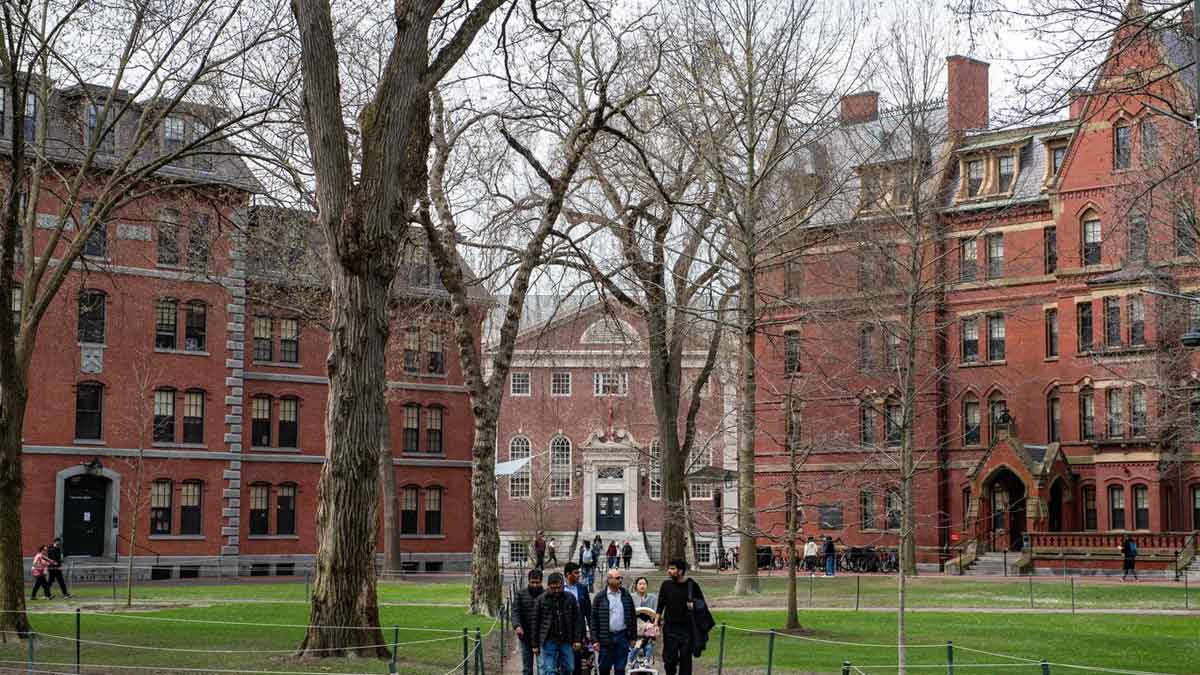Harvard sues Trump administration over ban on foreign students

Harvard University, on Friday, filed a lawsuit against the Trump administration after the Department of Homeland Security (DHS) abruptly revoked its certification under the F-1 visa programme, effectively blocking the university from enrolling international students. The lawsuit, lodged just a day after the decision, claims the move was retaliatory and politically motivated.
The dispute stems from an April directive issued by DHS Secretary Kristi Noem, demanding Harvard submit records related to foreign students’ protest activities and disciplinary actions. Though the university states it complied by the April 30 deadline and responded to follow-up requests, DHS deemed the response “insufficient” without specifying any shortcomings. This led to the sudden cancellation of Harvard’s Student and Exchange Visitor Programme (SEVP) certification.
In its legal filing, Harvard accuses the administration of overreach, asserting that the government is attempting to dictate its academic direction and internal governance. The university claims the demands—such as the release of protest footage, disciplinary records and the abandonment of diversity initiatives—amount to a violation of its First Amendment rights.
Harvard President Dr Alan M. Garber condemned the decision, describing it as a direct threat to Harvard’s academic integrity and global standing. He emphasised that international students make up nearly a quarter of the university’s student body and warned that their exclusion would severely damage Harvard’s research and teaching environment.
The Trump administration has defended its actions by accusing Harvard of promoting anti-American, anti-Jewish and pro-terrorist sentiments—allegations the university has categorically denied. Critics argue the move reflects a broader attempt to politicise higher education and silence dissent within America’s academic institutions.
Harvard is now seeking an immediate court injunction to reverse the decision and restore its SEVP status. The case marks a significant escalation in tensions between elite universities and the federal government over issues of academic freedom and political interference.
Former Harvard president and ex-treasury secretary Larry Summers denounced the administration’s move, suggesting it was driven by ideology rather than reason. “People who dreamed of coming to the United States to study, to absorb American traditions, to advance science, are now having their lives wrecked,” he said. “This isn’t policy. This is punishment.”
World